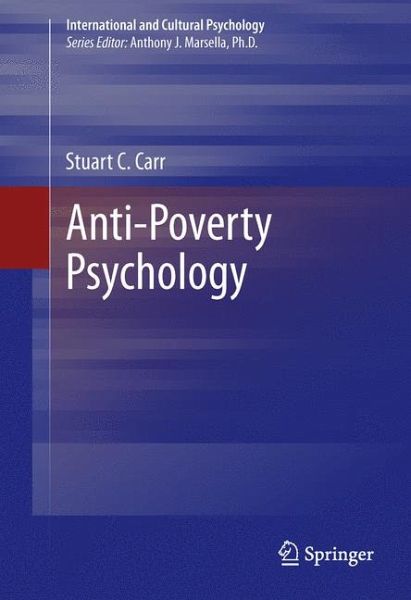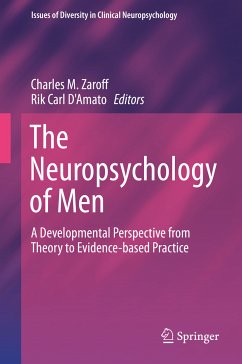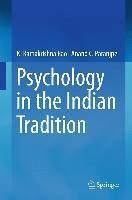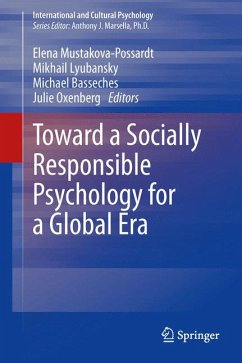
Anti-Poverty Psychology (eBook, PDF)
Versandkostenfrei!
Sofort per Download lieferbar
72,95 €
inkl. MwSt.
Weitere Ausgaben:

PAYBACK Punkte
36 °P sammeln!
Psychology has focused more on personalities in poverty -- pathologizing -- than on contexts for poverty reduction (Pick & Sirkin, 2010). As a result, the discipline has inadvertently sequestered and isolated itself, and its potential contribution, from poverty reduction initiatives - globally and locally. In recent years, there have been major developments in both the scope and depth of psychological research on global development issues. Some of the key developments include significant advances in understanding of what motivates teachers in schools, on designing community interventions to pr...
Psychology has focused more on personalities in poverty -- pathologizing -- than on contexts for poverty reduction (Pick & Sirkin, 2010). As a result, the discipline has inadvertently sequestered and isolated itself, and its potential contribution, from poverty reduction initiatives - globally and locally. In recent years, there have been major developments in both the scope and depth of psychological research on global development issues. Some of the key developments include significant advances in understanding of what motivates teachers in schools, on designing community interventions to promote health, and on managing the development of human "capacity" in aid and development projects. The Psychology of Poverty Reduction is poised to capture such advances in the understanding of 'what works' - and what does not.
Dieser Download kann aus rechtlichen Gründen nur mit Rechnungsadresse in A, B, BG, CY, CZ, D, DK, EW, E, FIN, F, GR, HR, H, IRL, I, LT, L, LR, M, NL, PL, P, R, S, SLO, SK ausgeliefert werden.













